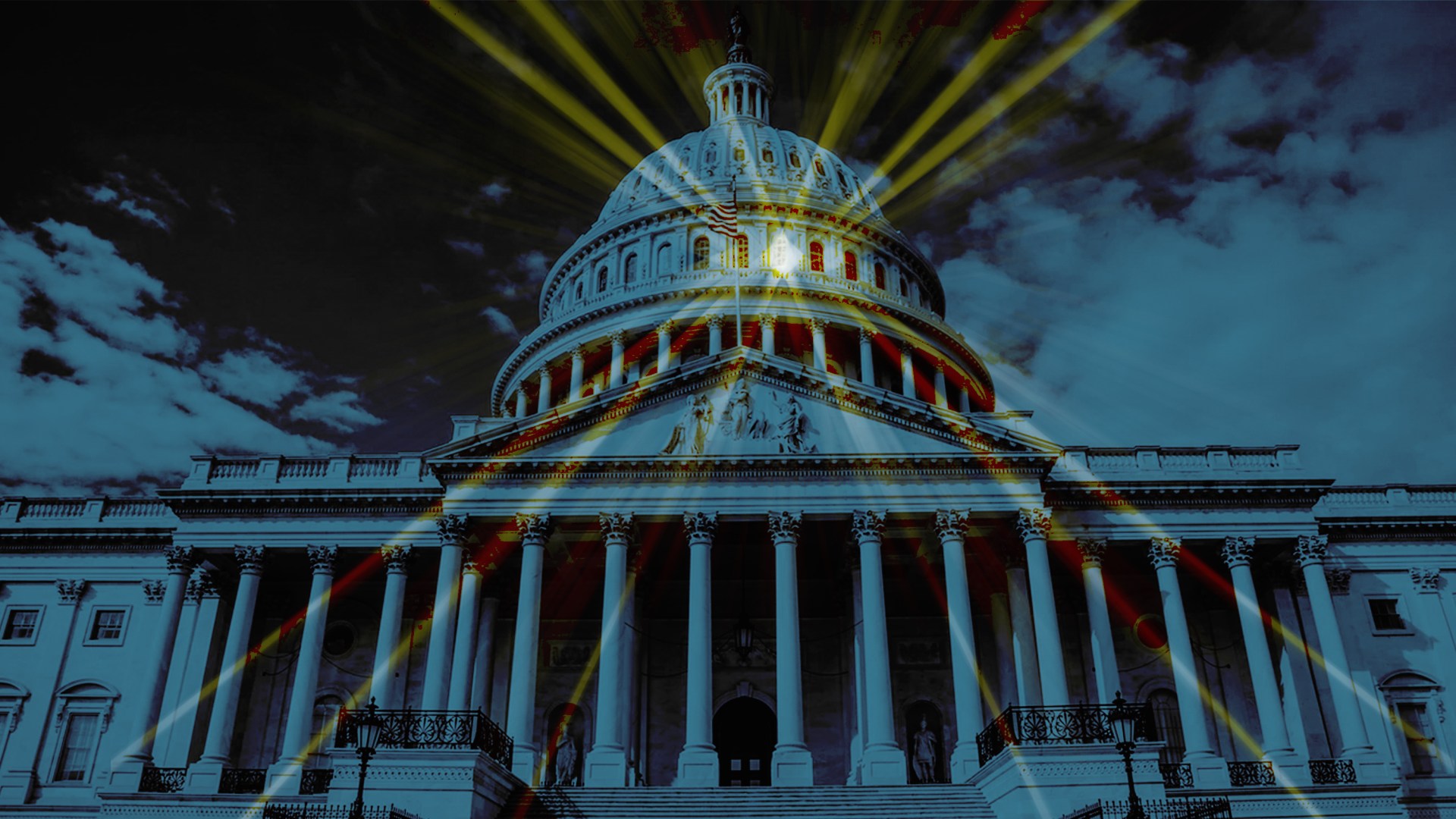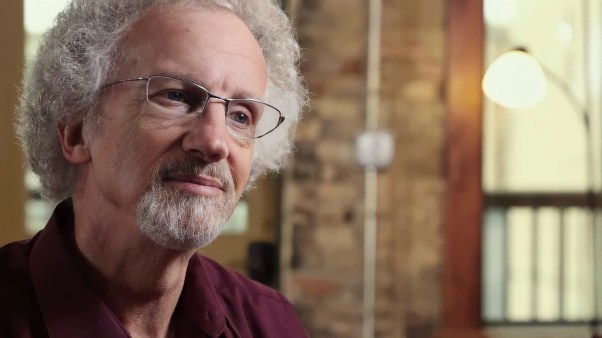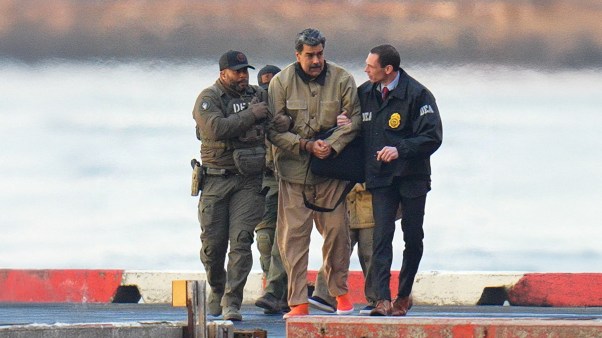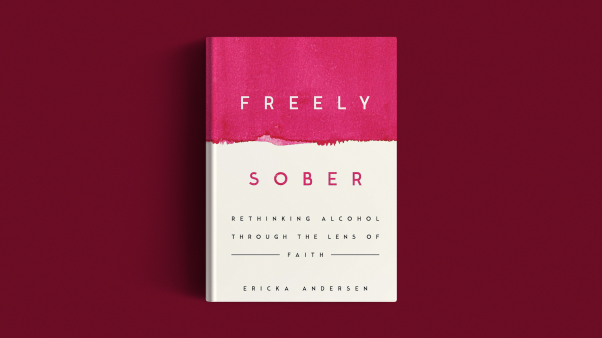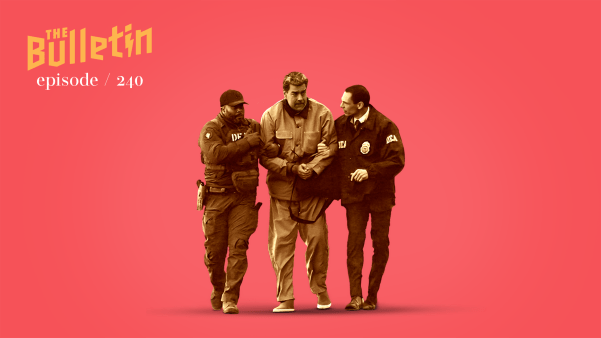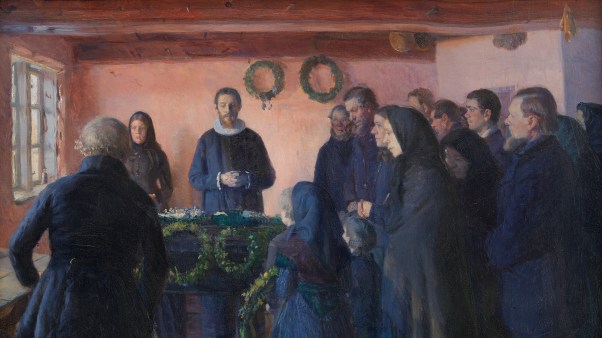One shift in the last thirty years is a heightened expectation that a pastor is to be a leader, perhaps the leader of the congregation. "Chaplain," to some, implies a spiritual caretaker who is not a leader.
Yet many pastors recognize they minister in places where they do not command the highest position. Who better to speak to issues of pastoring the powerful than Lloyd Ogilvie, 70, who since 1995 has served as chaplain of the United States Senate. Prior to that he pastored First Presbyterian Church of Hollywood, California, for 23 years.
Can you lead spiritually even when you are not the leader of the organization?
Leadership is involved in enabling leaders to function as creatively and as effectively as they can. My role is to help those in the Senate accomplish their work. Several things are important here.
First, the objective Word, the Scripture, is crucial. One of the first things I did here was to establish Bible studies. Presently, I'm teaching five of them: one for senate spouses, one for the chiefs of staff of the senators, one for the senators themselves, and two for senate staff. Each meets for an hour, most over the lunch hour. The Friday group is particularly interesting—a broad spectrum from the police force and custodial staff and research people and office workers. I've been encouraged by the response to straight-forward Bible study.
You teach the Bible for an hour?
Yes. And at the end, time for discussion and application.
We've just finished a series on stress based on the book of James. Bill Frist, an eminent cardiologist, also a senator, gave an opening lecture on the physiology of stress. I followed with spiritual principles coming out of James.
How else do you initiate ministry?
We take the lead in helping people relate their needs and problems to the power of God. Our intercessors program is made up of volunteers from each of the 100 senate offices and 25 support offices. Those volunteers are trained, and then we keep in close touch.
Every Monday we e-mail all of them for prayer requests from their offices.
When emergencies occur or needs surface, the intercessors call me, and I can be available immediately.
When a senator's chief of staff died in the middle of the night, the office was in terrible grief the next morning. The liaison called me at eight o'clock, and I was able to come right over. I talked and prayed with the entire staff as they crowded the office.
Today one of the senators is having a back operation. This morning at the Wednesday prayer breakfast I was able to say, "The senator is right now going into surgery. Let's pray for him." That brought the senators there together around a particular need.
That's leadership—developing opportunities to minister.
What's the underlying theme of your ministry?
The motto I have for the chaplaincy is eight words with a semi-colon right in the center. Without God we can't; without us he won't. It's based on the biblical principle "Apart from me you can do nothing," as Jesus put it so clearly in John 15. Yet, on the other hand, when God gets ready to do something, he almost always calls people and works through them.
Certainly God does miraculous acts quite independently of people. But usually he responds because people have prayed and gotten involved. He invests people in areas of need and gives them the gifts they need.
God's supernatural gifts are available for leaders. But in government and in business, people who rise to power as a result of expertise and experience and education often rely on their own talents.
The supernatural gifts—wisdom above the accumulation of information, discernment beyond our analysis of the facts, prophetic vision beyond our capacity—the Holy Spirit provides these gifts when leaders realize they're facing challenges beyond their abilities.
So your role is to point people to God when they recognize their own insufficiency.
Exactly. And that's why it's important to combine the Bible studies with personal counsel. In Bible study you can proclaim the objective truth of God's power. Then as people face crisis, they have heard the truth proclaimed, and the time comes when they want to talk over how to receive that power.
A while ago, Senator Max Cleland, who lost both of his legs and his right hand in Vietnam, came to the Bible study withdrawn and tired. A senator said, "Max, are you all right?"
"Not really," he said. "I've been having the same dream for 30 years. I accidentally drop that grenade, and I leap on it, and it explodes and blows my legs off."
We knew he needed special prayer. So we gathered around and prayed that the Lord would heal that memory.
Two days later the History Channel broadcast the story as he remembered it. A man from Annapolis saw it and phoned Max: "Senator, you have the story all wrong. That wasn't your grenade. I was on that helicopter. It was a young recruit behind you who had opened the pins on his grenades before jumping out of the helicopter. And one of them popped out of the belt and rolled on the ground, and you leaped on it to save us. I wrapped you up and got you to the hospital. I know how it happened."
Well, Max came to the Bible study a new man. He said a gigantic load had been lifted off.
We had been studying Romans 8:28. As you know, in the Greek, God (not "all things") is the subject of the sentence, "God works all things together for good." So now, when I see Senator Cleland hurrying around in his wheelchair, he'll wave and say, "Chaplain, remember. Things don't work out; God works out things."
It's ongoing involvement in prayer and Bible study that opens the way for people to receive supernatural power and healing and hope when special needs arise.
Copyright © 2000 by the author or Christianity Today/Leadership Journal.Click here for reprint information on Leadership Journal.

